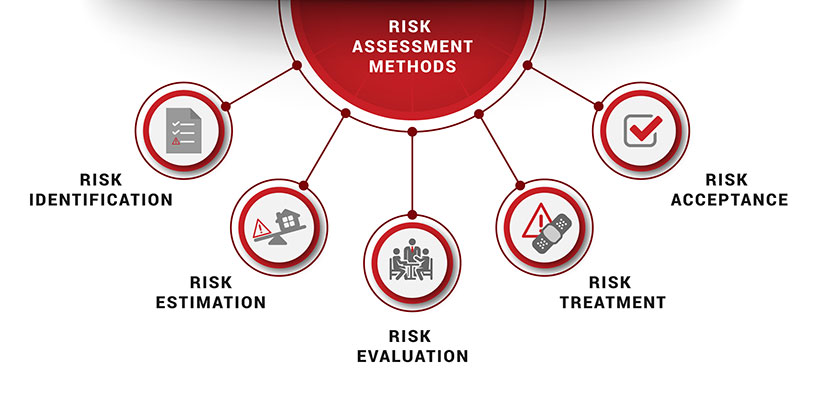
PMO is short for project management office. This office is responsible for the execution of projects within an organization. By reviewing and developing a governance structure that supports its projects, the PMO assists an organisation in achieving its strategic goals and objectives. It creates a framework for project teams to reach quotas and meet deadlines.
Project management office
The Project Management Office is an important tool for successful project management. It aids in managing resources, increasing success rates, and facilitating collaboration between different members of the team. The office also aims to develop a common culture, language, and mindset throughout the organization. Increased interaction among different teams can improve creativity and enhance employee experience.
The project management office must keep current with best practices in project administration. It should also read industry publications and participate in conferences. This will allow it to exchange knowledge with other peers. It should also inform the organization about PM standards and practices. External companies are able to take over the project management office. A third party can be hired to provide fresh perspectives and counter groupthink. Moreover, they can also be free from organizational politics.

A project management office is the center of the project delivery team. This office coordinates all team members' efforts and assigns responsibility. Generally, all the resources in the organization participate in a single project and report to the project manager. This gives managers more power and responsibility. The project manager serves as the primary interface between clients and the project team. It is responsible for ensuring all tasks are completed seamlessly.
A Project Management Office is essential for any organization. It is responsible for ensuring that projects are completed within budget and on time. It manages best practices and keeps track of documentation. The office will report on the project's progress and performance to aid leaders in making strategic decisions.
Project management
For many reasons, project management is crucial. It is essential to ensure that project objectives and boundaries can be clearly defined. It also prevents scope creep. This requires a detailed project overview as well as a plan to track requirements over time. Project managers also use budgets to determine how much money is needed to deliver a successful project. A project charter is also possible for larger projects.
A project is a temporary effort with specific goals. To accomplish it, a team must be formed. The nature and scope the initiative will determine how large and diverse the team is. Each member of the team should have a specific skill set. Project managers must also decide what collaboration is required and the timelines to complete each task.

Project management can be applied to many industries. This career path requires a great deal of knowledge and skills. A Work Breakdown Structure, which breaks down a project into manageable chunks, is one of the most useful techniques in project management. The WBS can be used as the first step in creating project schedules.
A project manager must integrate members of different backgrounds and instill a sense of purpose in the group that will drive the team to deliver on its goal. A project manager might have technical skills, but his or her primary responsibility lies in delivering tangible results on time and within budget.
FAQ
What is the difference of a program and project?
A program is permanent while a project can be temporary.
A project has usually a specified goal and a time limit.
It is usually done by a group that reports back to another person.
A program usually has a set of goals and objectives.
It is usually done by one person.
What are the five management processes?
Each business has five stages: planning, execution and monitoring.
Planning involves setting goals for the future. This includes setting goals for the future and defining what you want.
Execution takes place when you actually implement the plans. These plans must be adhered to by everyone.
Monitoring allows you to monitor your progress towards achieving your goals. Regular reviews of performance against budgets and targets should be part of this process.
Review events take place at each year's end. They give you an opportunity to review the year and assess how it went. If not, it is possible to make improvements for next year.
After the annual review, evaluation takes place. It helps identify which aspects worked well and which didn't. It also provides feedback regarding how people performed.
What is TQM?
When manufacturing companies realized that price was not enough to compete, the industrial revolution brought about the quality movement. They needed to improve quality and efficiency if they were going to remain competitive.
Management developed Total Quality Management to address the need for improvement. It focused on all aspects of an organisation's performance. It included continuous improvement and employee involvement as well as customer satisfaction.
How does a manager learn to manage?
It is important to have good management skills.
Managers need to monitor their subordinates' performance.
You should immediately take action if you see that your subordinate is not performing as well as you would like.
You must be able to spot what is lacking and how you can improve it.
Statistics
- The profession is expected to grow 7% by 2028, a bit faster than the national average. (wgu.edu)
- Our program is 100% engineered for your success. (online.uc.edu)
- Hire the top business lawyers and save up to 60% on legal fees (upcounsel.com)
- 100% of the courses are offered online, and no campus visits are required — a big time-saver for you. (online.uc.edu)
- As of 2020, personal bankers or tellers make an average of $32,620 per year, according to the BLS. (wgu.edu)
External Links
How To
How do you apply the Kaizen method to your life?
Kaizen means continuous improvement. This Japanese term refers to the Japanese philosophy of continuous improvement that emphasizes incremental improvements and constant improvement. It is a process where people come together to improve their processes.
Kaizen is one the most important methods of Lean Manufacturing. The concept involves employees responsible for manufacturing identifying problems and trying to fix them before they become serious issues. This improves the quality of products, while reducing the cost.
Kaizen is the idea that every worker should be aware of what is going on around them. It is important to correct any problems immediately if they are discovered. If someone is aware of a problem at work, he/she should inform his/her manager immediately.
There are some basic principles that we follow when doing kaizen. Start with the end product, and then move to the beginning. To improve our factory, for example, we need to fix the machines that produce the final product. Next, we repair the machines that make components. Then, the machines that make raw materials. Finally, we repair the workers who are directly involved with these machines.
This is why it's called "kaizen" because it works step-by-step to improve everything. Once the factory is fixed, we return to the original site and work our way back until we get there.
How to measure kaizen's effectiveness in your business is essential to implement it. There are several ways that you can tell if your kaizen system is working. One of these ways is to check the number of defects found on the finished products. Another way to find out how productive your company has been since you implemented kaizen is to measure the increase in productivity.
You can also find out if kaizen works by asking yourself why you decided to implement it. Did you do it because it was legal or to save money? Did you really believe it would lead to success?
If you answered yes to any one of these questions, congratulations! You're ready to start kaizen.